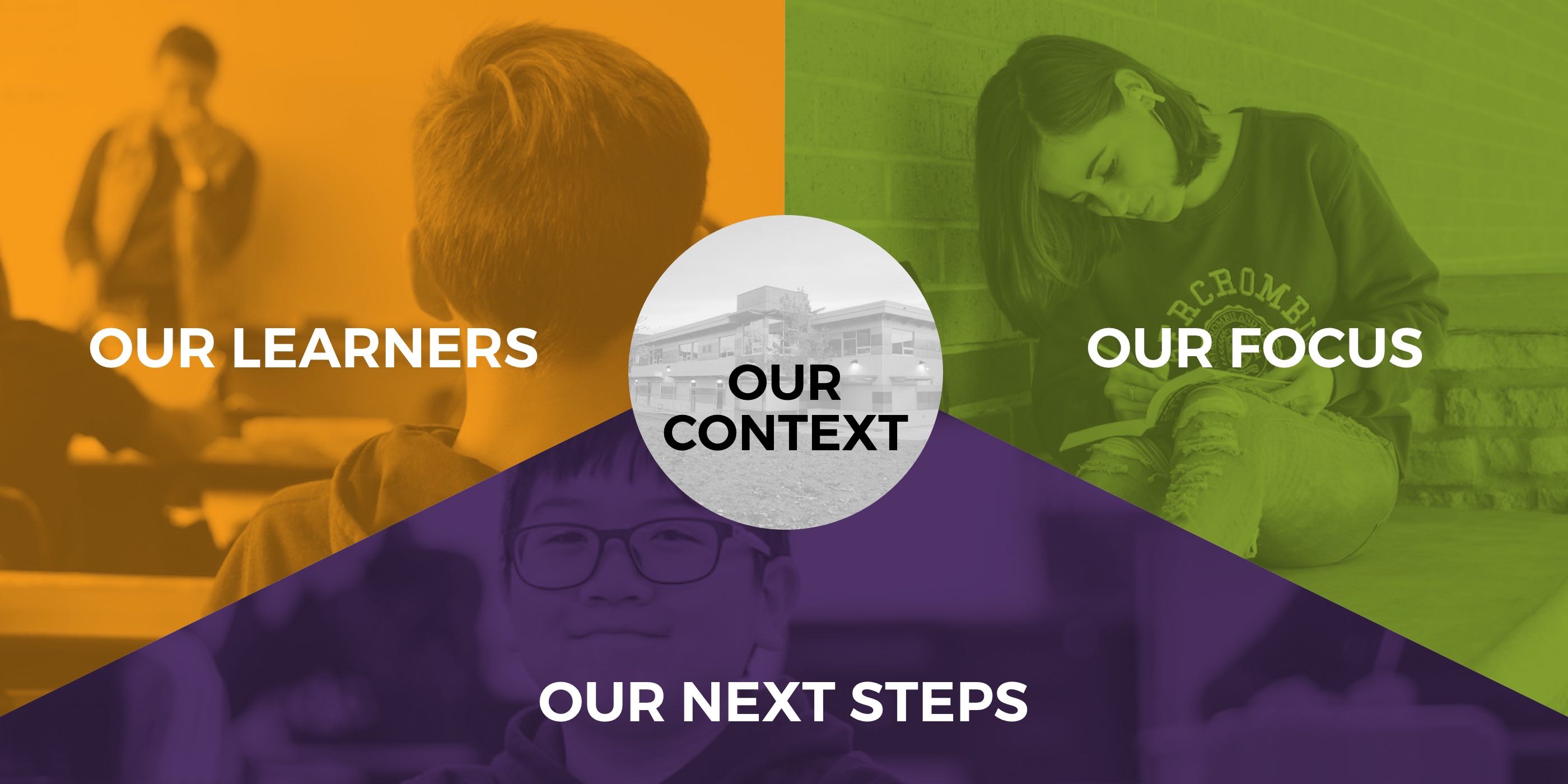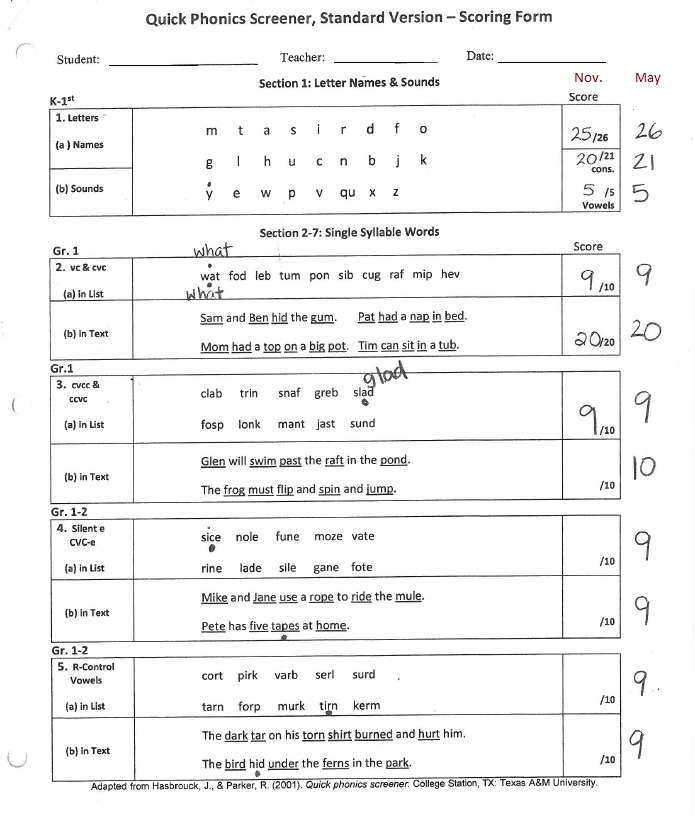Cindrich Elementary


OUR CONTEXT
Cindrich Elementary is made up of a diverse community of 420 learners. 82% of our students speak a language other than English in their homes. There are 24 languages spoken in student homes and the students come from 26 different birth countries. With so many families that are new to Canada, we recognize that students need basic foundational skills in reading, specifically in early reading comprehension skills, to achieve success over time in the Canadian school system.
Comprehension is the understanding and interpretation of what is read. We believe that to be able to accurately understand written material, children need to be able to decode what they read, make connections between what they read and what they already know, and think deeply about what they have read.
As a staff, we recognize the importance of developing our own knowledge in order to be equipped with the appropriate teaching strategies for our students. Through our staff book study, we have explored the book entitled, Shifting the Balance (K-2): 6 Ways to Bring the Science of Reading into the Balanced Literacy Classroom by Jan Burkins and Kari Yates. This has helped guide our own learning as well as our instruction with our students. Each month, we explored a different focus that ensures all students are receiving similar learning opportunities.

OUR LEARNERS
The core competencies are a part of the province of British Columbia's curriculum. They are a set of proficiencies that all students need in order to engage in deep, lifelong learning. Along with the foundations of literacy, numeracy, and other important subject areas, the core competencies support students in their growth as well rounded individuals.
At Cindrich, the core competencies are embedded in all aspects of our learning: Communication, Thinking, and Personal and Social awareness. We believe that through the development of our Communication competency, students can increase their success in learning and develop strategies to become proficient and thoughtful readers. The province of British Columbia's curriculum explains that the Communication competency "encompasses the knowledge, skills, processes and dispositions we associate with interactions with others. Through their communication, students acquire, develop and transform ideas and information, and make connections with others to share their ideas, express their individuality, further their learning, and get things done. The communication competency is fundamental to finding satisfaction, purpose and joy. "
This has led our school to focus on ensuring that our young students are able to read, internalize, understand, and interact with the text that they are reading. It’s not just about phonological awareness and reading words aloud; it encapsulates language skills such as grammar (syntax), vocabulary, and semantics, to understand the meaning of texts. Good reading comprehension involves creating images of the words you just read. Readers make connections to previous knowledge as they enjoy the text. They can comfortably answer comprehension questions and summarize parts of the writing or the entire text. When this is done along with phonics instruction, it helps develop the brain's orthographic processing system which brings letters and sounds meaning and context together.
OUR FOCUS
At Cindrich, our early teachers have been focusing on teaching reading through phonemic awareness instruction. Early on in the school year, in November, they completed a quick phonics screener for their students to determine which areas of reading instruction they would need to focus on for each student. Throughout the school year, teachers taught phonemic awareness and worked with small groups of students to read and understand the text that they are reading. Then, in May, the teachers completed the same quick phonics screener for their students once again to measure the students' progress. The results have been outstanding! In two of our classrooms, all grade one students were unable to read in the fall and are now reading at a proficient level.

The specific Curricular Competencies from British Columbia's curriculum that our primary teachers are focusing on throughout the primary grades are:
- Read fluently at grade level (Grades 1-3)
- Use sources of information and prior knowledge to make meaning (K-3)
- Use developmentally appropriate reading, listening, and viewing strategies to make meaning (K-3)
- Engage actively as learners, viewers, and readers, as appropriate, to develop understanding of self, identity, and community (K-3)
- Use personal experience and knowledge to connect to stories and other texts to make meaning (K-2)
- Recognize the structure and elements of story (Grades 1-3)
- Show awareness of how story in First Peoples cultures connects people to family and community (Grades 1-3)
OUR NEXT STEPS
As outlined in the previous sections, our school's focus this year has been on our early primary students. Next, we are excited to be able to expand our reading instruction focus to older grades. As a continuation of the work that was done this year, our staff are determining which book study they will explore next year. The first book we are considering is the book entitled, Shifting the Balance (3-5): 6 Ways to Bring the Science of Reading into the Upper Elementary Classroom by Karie Egan Cunnigham, Jan Burkins, and Kari Yates.

The second book we are considering is the book entitled, Artfully Teaching the Science of Reading by Chase Young, David Page, and Timothy V. Rasinski.

With either choice, we are excited to be able to expand our focused reading instruction!
